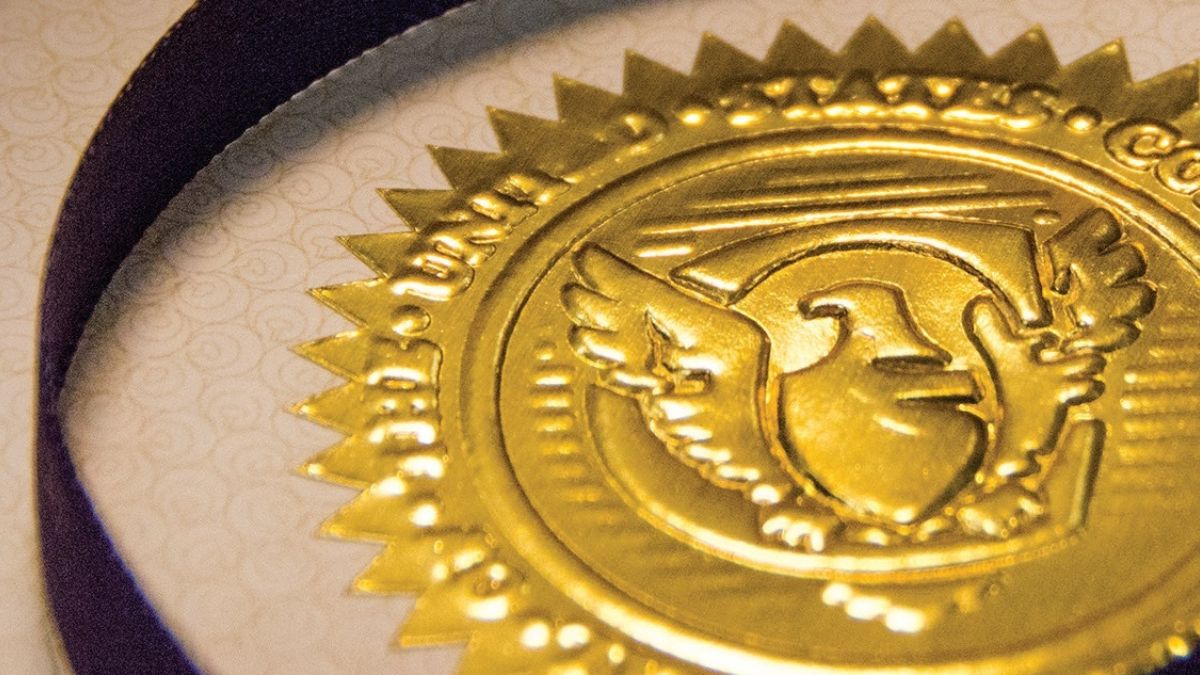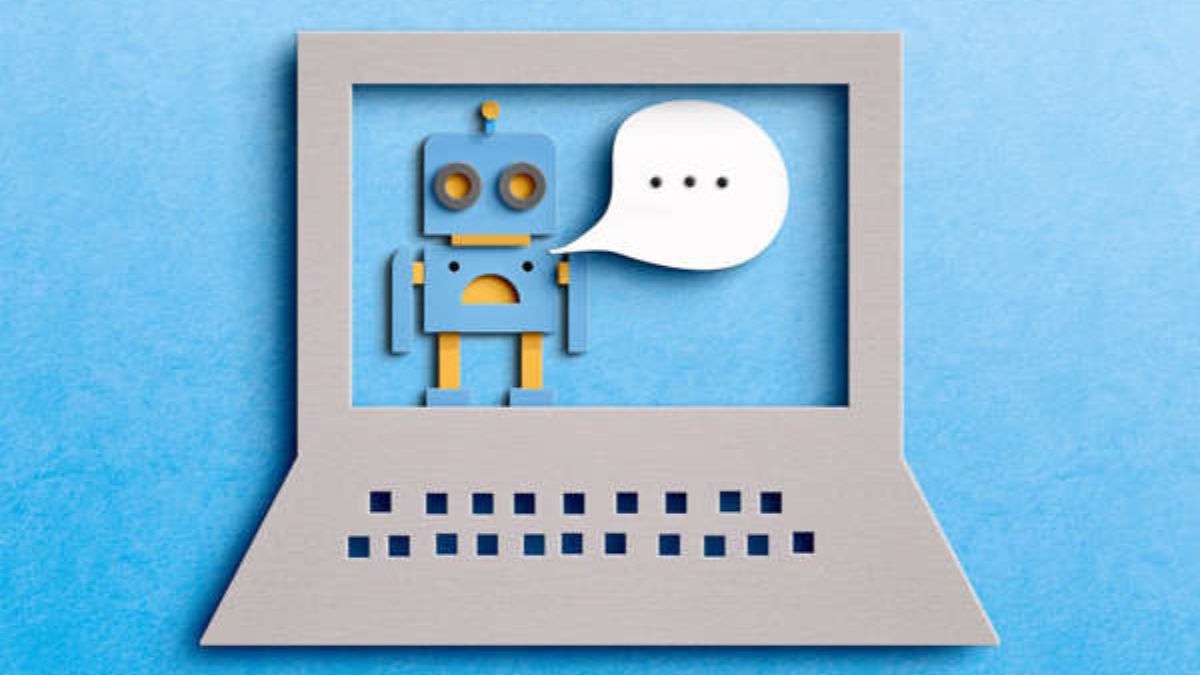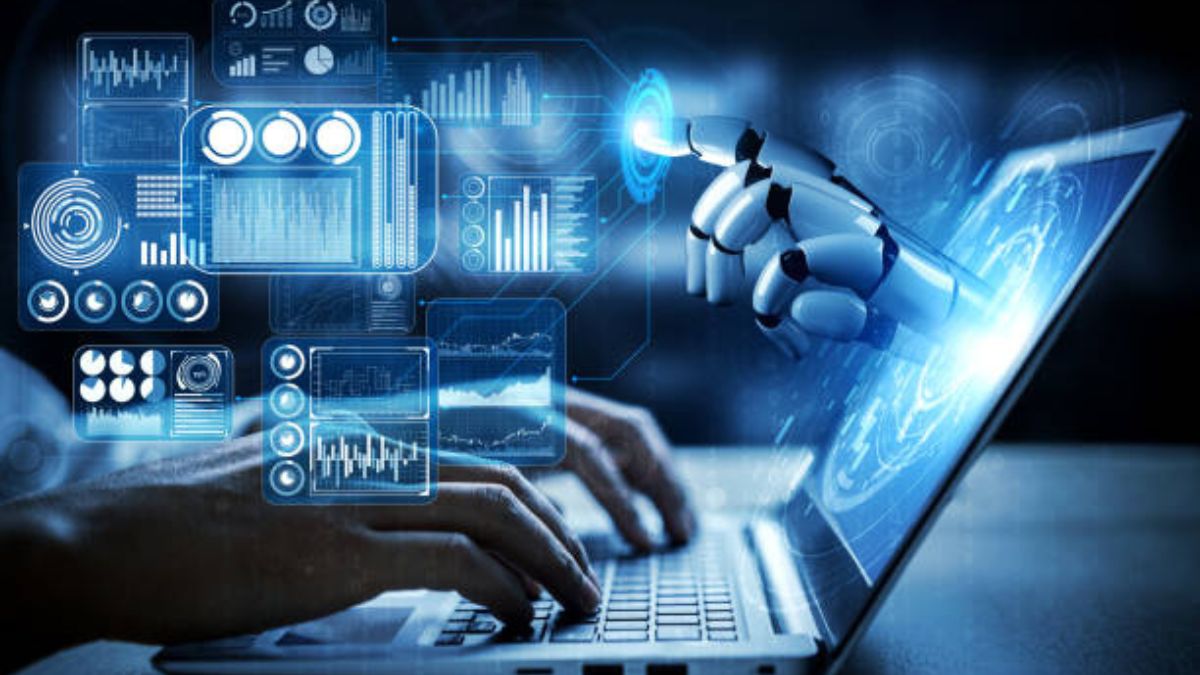In the ever-changing world of technology and retai...
news-extra-space

 Image Credit: MSN
But it is obvious that the Copyright Office is only at the beginning of dealing with these complicated cases, and the advice is still a little hazy. Officials will ultimately decide whether AI-assisted works were conceptualized by humans or by machines on a case-by-case basis, according to guidance.
The guidance says that “The answer will depend on the circumstances, particularly how the AI tool operates and how it was used to create the final work.”
AI-generated work must be addressed.
The author's "duty to disclose the inclusion of AI-generated content in a work submitted for registration" is arguably the most important part of the guidance.
Image Credit: MSN
But it is obvious that the Copyright Office is only at the beginning of dealing with these complicated cases, and the advice is still a little hazy. Officials will ultimately decide whether AI-assisted works were conceptualized by humans or by machines on a case-by-case basis, according to guidance.
The guidance says that “The answer will depend on the circumstances, particularly how the AI tool operates and how it was used to create the final work.”
AI-generated work must be addressed.
The author's "duty to disclose the inclusion of AI-generated content in a work submitted for registration" is arguably the most important part of the guidance.
 Image Credit: iStock
Authors must identify whether a piece of content was created by an AI or by a human when registering their works. The Copyright Office advises submitting a general statement that the work contains AI-generated content if applicants are unsure of how to refer to the AI-generated content. To assist each author in filling out an application, the office will follow up.
The Copyright Office advises artists who have pending applications or who have already registered works that contain AI-generated content to submit a supplementary registration to correct the public record. Losing "the benefits of the registration" if the role of AI in copyrighted works is not accurately reflected, the office cautioned. As a result, there may be little to no legal recourse for copyright infringement claims, making works susceptible to copying.
The guidance only addresses the one type of infringement that does not require disclosure: AI-generated content.
Read More: Why did the US Copyright Office withdraw a Midjourney AI-generated comic book copyright application?
The full “Guidance” rule is not ready yet.
To fully define when AI-assisted content qualifies for registration, the Copyright Office is aware that much more work needs to be done. To get public feedback, it has scheduled several listening sessions for April and May. It is now simpler to stay informed about guidance as regulations change thanks to the office's launch of a webpage devoted to posting updates on AI news and events.
There is a full schedule. A reading of AI-generated literature marks the beginning of listening sessions on April 19. Then, on May 2, an event will focus on visual arts, on May 17, on audio-visual works, and on May 31, on music and sound recordings.
Registration for these sessions is encouraged by artists, creative industry participants, AI developers, AI researchers, and lawyers. However, the Copyright Office has also mentioned in published guidance that there will be additional opportunities for stakeholders to weigh in outside of attending these sessions because attendance will inevitably be restricted.
Image Credit: iStock
Authors must identify whether a piece of content was created by an AI or by a human when registering their works. The Copyright Office advises submitting a general statement that the work contains AI-generated content if applicants are unsure of how to refer to the AI-generated content. To assist each author in filling out an application, the office will follow up.
The Copyright Office advises artists who have pending applications or who have already registered works that contain AI-generated content to submit a supplementary registration to correct the public record. Losing "the benefits of the registration" if the role of AI in copyrighted works is not accurately reflected, the office cautioned. As a result, there may be little to no legal recourse for copyright infringement claims, making works susceptible to copying.
The guidance only addresses the one type of infringement that does not require disclosure: AI-generated content.
Read More: Why did the US Copyright Office withdraw a Midjourney AI-generated comic book copyright application?
The full “Guidance” rule is not ready yet.
To fully define when AI-assisted content qualifies for registration, the Copyright Office is aware that much more work needs to be done. To get public feedback, it has scheduled several listening sessions for April and May. It is now simpler to stay informed about guidance as regulations change thanks to the office's launch of a webpage devoted to posting updates on AI news and events.
There is a full schedule. A reading of AI-generated literature marks the beginning of listening sessions on April 19. Then, on May 2, an event will focus on visual arts, on May 17, on audio-visual works, and on May 31, on music and sound recordings.
Registration for these sessions is encouraged by artists, creative industry participants, AI developers, AI researchers, and lawyers. However, the Copyright Office has also mentioned in published guidance that there will be additional opportunities for stakeholders to weigh in outside of attending these sessions because attendance will inevitably be restricted.
Leave a Reply






